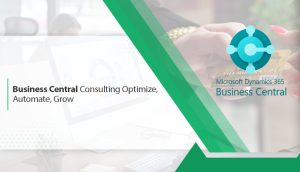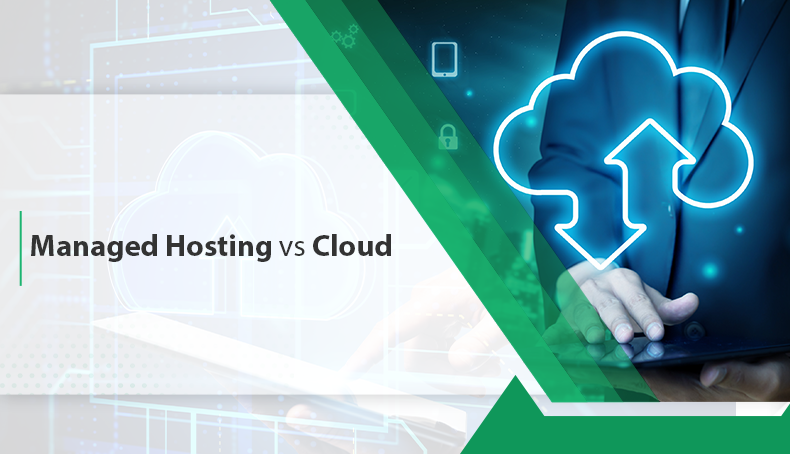A payroll system is a crucial software solution that helps businesses streamline their payment processes by tracking work hours, evaluating salaries, withholding taxes, etc. Moreover, this system assists businesses in paying employees promptly. Consequently, enterprises utilize payroll systems to simplify salary processing, avoid payment gaps, and maintain compliance with tax laws. Additionally, the payroll system collects specific employee data effectively, preparing reports for tax agencies and insurance companies. There are several types of payroll systems, each with its advantages and drawbacks. This blog will explore these payroll system types, examining their advantages and disadvantages.
What Is a Payroll System?
Payroll management systems can recognize the need to track all staff’s financial matters. It is an app that streamlines the employee payment process. Furthermore, businesses must pay taxes on their total wage payouts that exceed a certain threshold. Payroll software offers features such as direct deposit, automated tax filing, real-time payroll reporting, and API integration. These features help businesses save time, decrease administrative costs, and accelerate compliance with labor laws. However, payroll systems face challenges, including tax regulation updates, system integration issues, and payroll accuracy problems owing to system bugs.
An effective payroll system can track each employee’s working hours and salary account rates, as well as perform tax analyses to provide an accurate figure. It can also track attendance, manage time-off requests, calculate tax obligations, and manage expenses, among other tasks. If perfectly implemented, you will satisfy your employees with timely payments and manage the complex payroll processes with an automated system.
Types of Payroll Systems in 2025
There are four types of payroll solutions as follows:
Manual Payroll Processing (in-house)
This is the traditional method, which involves calculating employee wages, withholding taxes, and distributing pay slips within the business. It is worth noting that some small companies opt for this method due to perceived cost savings. Manual processing requires detailed record-keeping and compliance with tax laws and can be complex and time-consuming. Calculation errors or late filings can result in penalties and employee dissatisfaction.
For example, a small accounting firm may primarily opt for manual processing to maintain direct control and reduce software costs. Nevertheless, as the firm expands or tax regulations develop, the time and effort needed for manual estimates and filings may outweigh the advantages. In-house payroll also lacks the scalability required for business growth.
Pros:
- Direct oversight
- Perceived cost savings
- Compliance control
Cons:
- Error-prone
- Time-consuming
- Scalability limitations
Professional Employer Organizations (PEO)
Professional Employer Organizations (PEOs) offer comprehensive services for businesses seeking inclusive payroll and HR systems. These services encompass payroll processing, employee benefits administration, and HR compliance management. PEOs act as co-employers, responsible for payroll taxes and regulatory compliance on behalf of their client businesses.
Partnering with a Professional Employer Organization (PEO) provides access to economies of scale, enabling small and mid-sized businesses to offer competitive benefits and reduce administrative costs. Furthermore, PEOs deliver expertise in navigating complex employment laws and regulations, which is particularly beneficial for enterprises expanding into new states. However, companies should precisely assess PEOs based on service quality, industry specialization, and cost transparency.
Although these benefits are available, some businesses may find the PEO model restrictive in terms of worker control and customization. High upfront costs and long-term contractual commitments require complete financial planning and risk assessment before partnering with a PEO.
Pros:
- Comprehensive payroll HR systems
- Access to economies of scale
- Potential for accelerated growth
- Expertise in employment laws and regulations
- Shared responsibility for payroll taxes
Cons:
- Concentrated control over employee management and benefits customization
- High upfront costs and long-term contractual commitments
- Variability in service quality
- Potential for conflicts in decision-making
- There is a need for careful evaluation of costs
Payroll Software Solutions
Now, payroll software solutions offer your business operations automation, efficiency, and scalability. Software as Service (SaaS) platforms integrate payroll functions with other HR processes, improving overall productivity. HR and Payroll software automate pay slip calculations, tax deductions, and employee benefits contributions, reducing manual errors and ensuring compliance with changing tax laws.
The payroll software’s flexibility allows businesses to customize features, such as direct deposit, employee self-service portals, and integration with accounting systems. For instance, a tech startup may opt for cloud-based HR and payroll software to facilitate remote work and scalability as the company expands internationally.
Cost-effectiveness is the primary benefit of payroll software. It eliminates the need for a broad IT infrastructure and dedicated payroll staff. Subscription-based pricing models make sophisticated payroll management technology approachable for small businesses, reducing certain expected costs.
Popular payroll software solutions are tailored to specific industries and compliance requirements, improving operational efficiency and employee satisfaction. Incorporation with HR functions modernizes data management, permitting real-time reporting and analytics.
Pros:
- Automation and proficiency
- Scalability
- Customization
- Cost-effectiveness
- Integration and analytics
Cons:
- Initial setup complexity
- Dependency on Internet connectivity
- Security concerns
- Training needs
- Vendor reliability:
Outsourced Payroll Service
Outsourcing payroll services is increasingly popular among businesses seeking to streamline their operations. These services manage all payroll tasks, including pay slip calculations and compliance filings. Thus, this option reduces the administrative burden on internal staff, allowing them to focus on core business activities.
One notable benefit of outsourcing to external providers is access to payroll platform proficiency and compliance knowledge. Therefore, businesses outsource to acquire access to new abilities supplied by specialists who offer outsourcing services.
Moreover, outsourcing can be cost-effective, as it eliminates the need for internal payroll staff and reduces the risk of penalties for errors. Consequently, businesses outsource to lower their costs.
Nevertheless, selecting an outsourced payroll provider requires careful consideration. To support growth, businesses should evaluate the provider’s trustworthiness, data security measures, and scalability.
Pros:
- Expertise and compliance
- Cost-effectiveness
- Focus on core activities
- Scalability
- Risk mitigation
Cons:
- Data security concerns
- Quality control
- Loss of control
Conclusion
Ultimately, selecting the right payroll solution enables a deeper understanding of your business’s unique needs, compliance requirements, and growth trajectory. Whether you opt for payroll software, manual processing, outsourced services, or a Professional Employer Organization (PEO), each option offers benefits in terms of productivity, cost-effectiveness, and scalability.
Evincible Solutions offers tailored solutions that streamline payroll management and enhance HR strategies for your businesses. We integrate advanced HR and payroll with Dynamics Business Central payroll and provide comprehensive HR support, ensuring accuracy and employee satisfaction.








